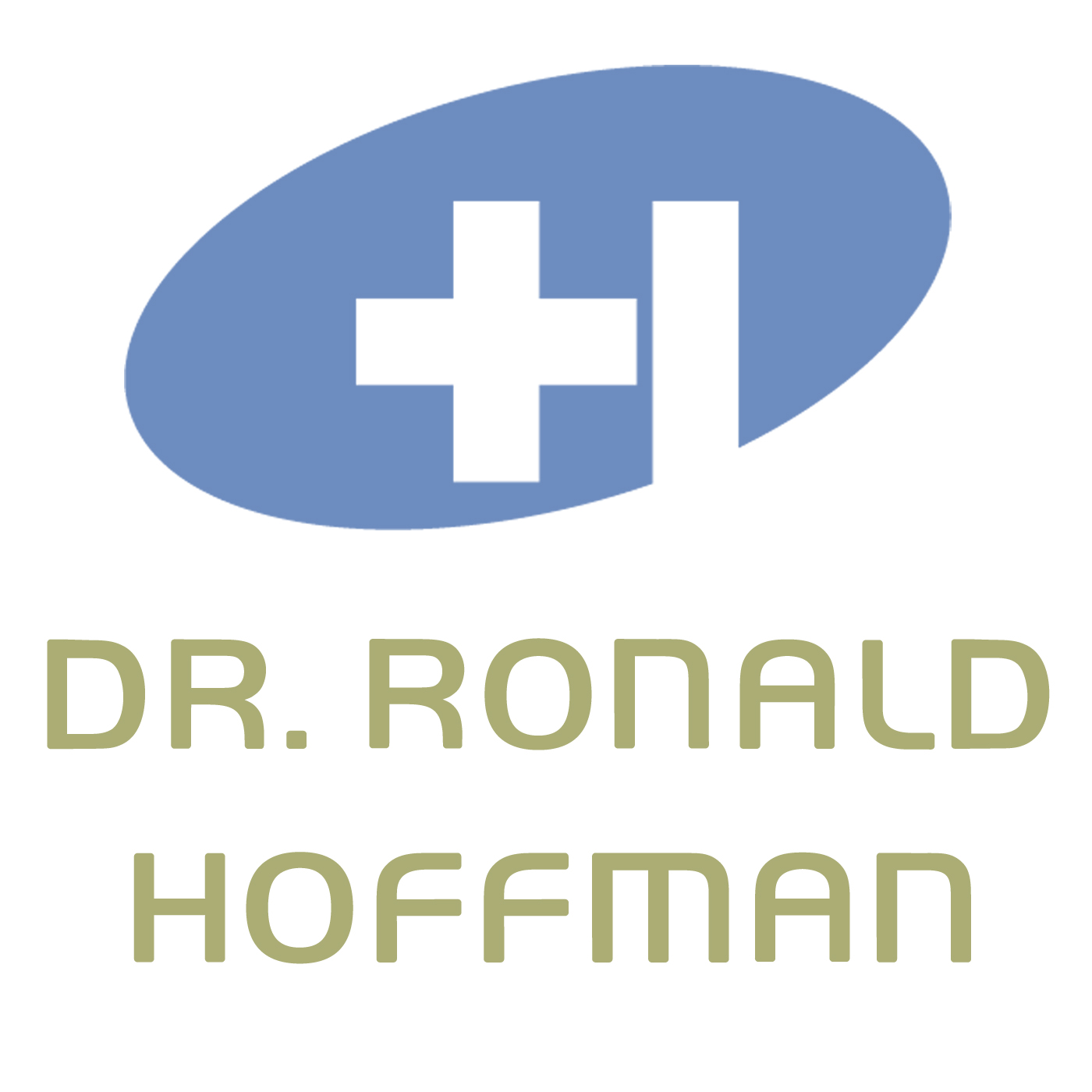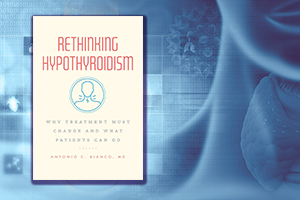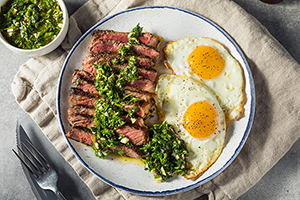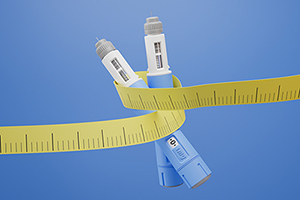| Podcast | |
|---|

|
Clinical Focus: The Microbiome, Part 1
January 19, 2017
2500 years ago, Hippocrates, the “Father of Medicine,” declared that “all disease starts in the gut.” With the advent of modern science, we relegated the status of the gut to that of a mere food tube, a mechanical conduit for nutrients and waste products. But there’s been a modern renaissance in our understanding of the GI tract: It houses the microbiome, a collection of micro-organisms that outnumber human cells by 10 to 1. The microbiome deserves the status of an organ unto itself. According to Dr. Alessio Fasano, an expert on celiac disease and gut health, “The gut is not like Las Vegas—what happens in the gut doesn’t stay in the gut.” The microbiome has an impact on shaping immunity, determining whether we’ll be susceptible to infectious diseases or autoimmunity; it affects the brain, in such diverse conditions as autism, Parkinson’s Disease, Alzheimer’s Disease, anxiety and depression; it shapes our hormones (thyroid, adrenal, growth hormone, estrogen and testosterone); and it impacts metabolism, influencing whether we’ll gain weight or develop diabetes. Why is the microbiome under attack via our Western lifestyles? What are some ways we can cultivate a healthy microbiome? Click HERE for part 2.
|
 |
|

|
Clinical Focus: The Microbiome, Part 2
Dr. Hoffman continues his in-depth talk on the microbiome and its impact on shaping immunity, the brain, our hormones, and our metabolism. Click HERE for part 1.
|
 |
|

|
Q&A with Leyla, Part 1
January 18, 2017
You can be of normal weight, but are you overfat? What is the role of biofilms in Lyme disease? I’m a 54-year-old female, what’s the optimal DHEA level for me? How much should I take and how often should I get tested? How can I boost hormones and/or energy before exercise? Click HERE for part 2.
|
 |
|

|
Q&A with Leyla, Part 2
Are there any natural blood thinners I can take for anticardiolipin syndrome? What do you think of heart rate variability as a measure or marker of health status, do you ever use it as a tool to prepare for marathons? Do you recommend daily coconut oil supplementation? If so, what time of day and how much? I live in northern Minnesota, how can I get vitamin D during the winter when sunlight is scarce? Click HERE for part 1.
|
 |
|

|
ENCORE: Life Before & After Prostate Cancer, Part 1
January 17, 2017
Dr. Geo Espinosa, a naturopathic physician with an integrative perspective on urology, author of “Thrive Don’t Only Survive: Dr.Geo's Guide to Living Your Best Life Before & After Prostate Cancer,” describes his “CaPLESS Method” for addressing prostate cancer. Can diet and lifestyle plus targeted supplementation improve survival in men already diagnosed with prostate cancer? What type of diet works best? What supplements does Dr. Geo recommend for prostate cancer? What role can exercise play, and how much is enough? Click HERE for part 2.
|
 |
|

|
ENCORE: Life Before & After Prostate Cancer, Part 2
Dr. Hoffman continues his conversation with Dr. Geo Espinosa, author of "Thrive Don’t Only Survive: Dr.Geo's Guide to Living Your Best Life Before & After Prostate Cancer.” Click HERE for part 1.
|
 |
|

|
ENCORE: The Dirt Cure, Part 1
January 16, 2017
"The Dirt Cure: Growing Healthy Kids with Food Straight from Soil." Dr. Maya Shetreat-Klein is an integrative pediatric neurologist. She takes a holistic approach to challenging childhood developmental and behavioral disorders rather than relying solely on pharmaceutical remedies. Her office even features a demonstration organic garden where she grows produce and raises chickens. The Dirt Cure explores the Hygiene Hypothesis—the notion that exposure to microbes is essential to optimal immune system programming. Are occasional mild, self-limited illnesses normal for kids? Should we ditch the disinfectant soaps and cleansers? What role do healthy bacteria and even viruses play in guarding us from disease? What are the downsides of ibuprofen, acetaminophen, and antibiotics? What natural products can be substituted for minor childhood illnesses? How can you allergy-proof your child? Why might unpasteurized milk be better for kids? Why is soy problematic for some children? Why should kids play outside more? Click HERE for part 2.
|
 |
|

|
ENCORE: The Dirt Cure, Part 2
Dr. Hoffman continues his conversation with Dr. Maya Shetreat-Klein, an integrative pediatric neurologist who takes a holistic approach to challenging childhood developmental and behavioral disorders. Click HERE for part 1.
|
 |
|

|
Leyla Weighs In
January 13, 2017
The scourge of cold and flu season: preventing herpes outbreaks; Nine appetite-stimulating foods for cancer patients.
|
 |
|

|
Fermented Cod Liver Oil—health boon or bane? Part 1
January 12, 2017
Dr. Kaayla Daniel, the “Naughty Nutritionist,” dishes on the potential hazards of this popular health fad. Is it really fermented—or just rancid? Does it deliver adequate vitamin A, D, and EPA/DHA? Can its use lead to health problems? As the co-author of "Nourishing Broth," what’s her take on the health community’s current infatuation with broths? How should they be prepared? How do they fill in gaps left when people just consume muscle meats in lieu of other animal parts? Are there circumstances where too much broth can backfire? What about commercial products like “instant broth?” As the author of "The Whole Soy Story: The Dark Side of America’s Favorite Health Food," Dr. Kaayla weighs in on soy hazards. Does this mean no one should ever consume soy? Click HERE for part 2.
|
 |
|
|





























